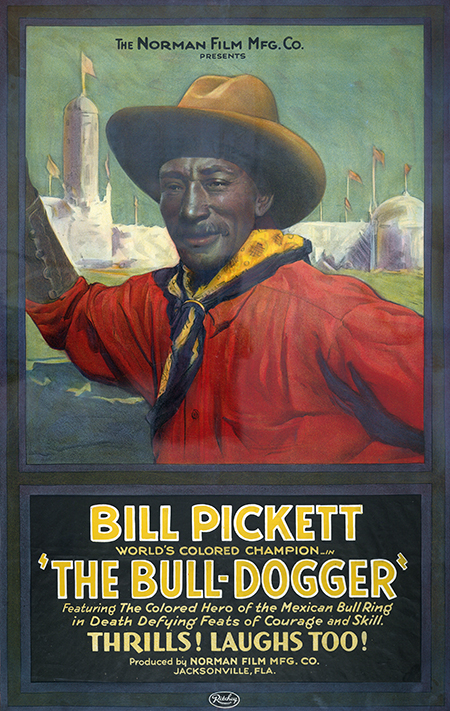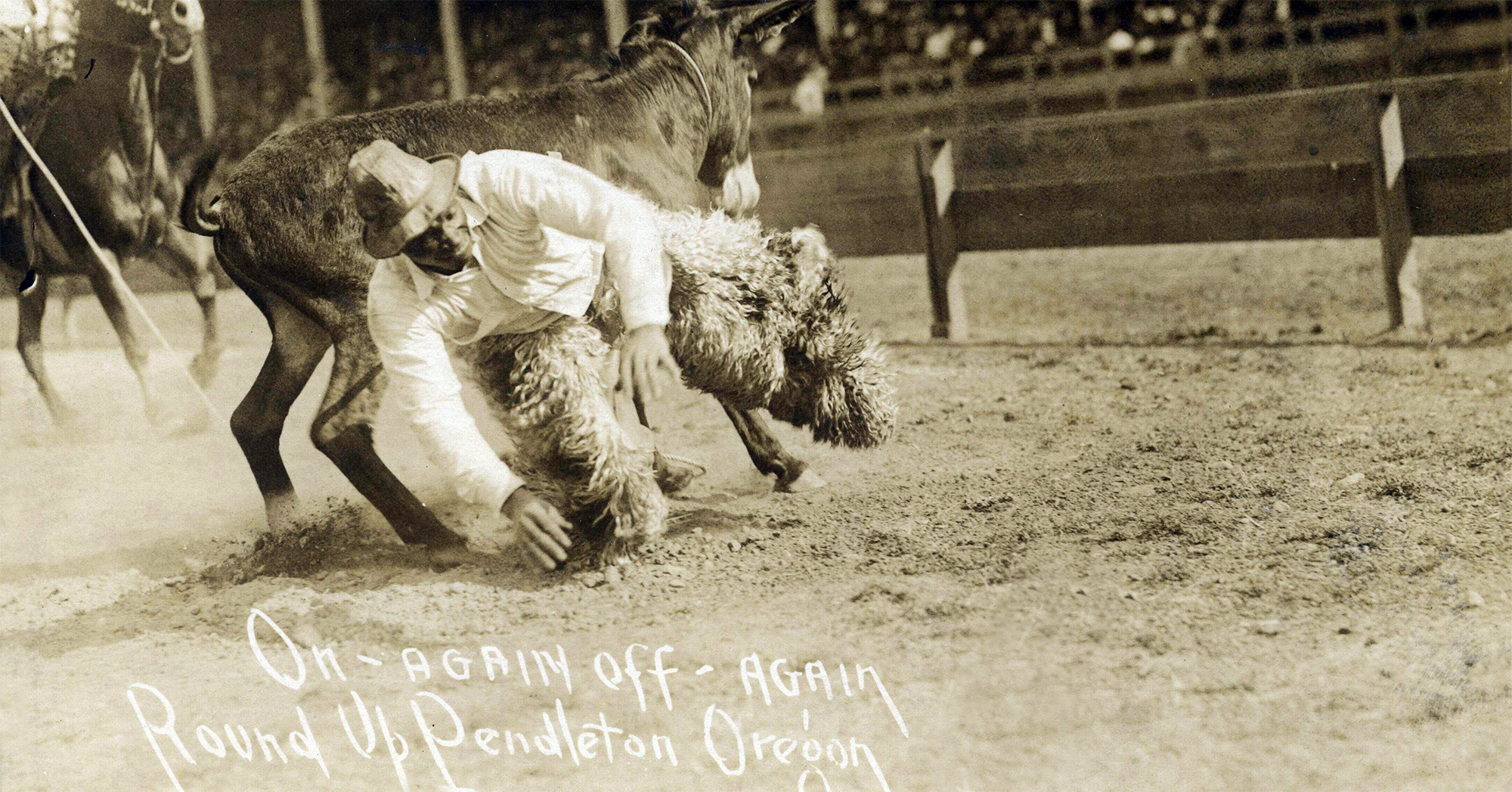Wild West recently sponsored a writing contest for the 6th grade English language arts program at Pieper Ranch Middle School in San Antonio, Texas. Agreeing to publish the winning entry, we asked the students the following: “On the wide-open Western frontier, people and animals often depended on one another. How can we, as journalists, honor such relationships in story?” Two hundred seventy students tackled the assignment, and their teachers—Nichole Reid, Nina Guevara and Amy Wiley—mercifully winnowed the field to a dozen finalists. The Westerners those “Talented Twelve” chose to profile ranged from such well-known Westerners as Buffalo Bill Cody, Bill Pickett, Butch Cassidy and Sitting Bull to lesser-known figures like Nat Love, Ann Bassett, Charles Schreiner, Scotty Philip, John “King” Fisher and Lucille Mulhall. Though one of our editors has Codys in his family tree, we strove to remain objective and managed to cut out a true champion from the herd.
Congratulations to Mayumi Torres for her winning entry, the following profile of cowboy turned rodeo legend Bill Pickett!
THE BULLDOGGER

Bill Pickett was the founder of “bulldogging,” better known in the rodeo world as steer wrestling. Using his special technique during this brutal event, he became a rodeo star and was known as “The Bulldogger.”
Introduced into competition in the 1890s, steer wrestling kicks off when a cowboy on a horse jumps onto a steer. He then has to use any technique he can to wrestle the steer to the ground. Though this can injure or kill the steer, not to mention the bulldogger, it is a main event at rodeos to this day.
Descended from American Indians and black slaves from the southwest, Texas-born Pickett was among the first black cowboys out West. He learned to ride horses at a very young age and at 10 years old dropped out of the fifth grade to become a full-time ranch hand, using the opportunity to develop his roping and riding skills. As Pickett told the story, one day he was trying to wrangle a Texas longhorn when he remembered a technique he’d once seen a herding dog use on cattle—biting a steer’s lip or nose to immobilize it. Grabbing his steer by the horns and twisting its neck, Pickett then did as the dog did and bit into the animal’s upper lip. This made the steer fall on its side and Pickett the champion.
Despite suffering three broken ribs, being severely gashed and having his own horse, Spradley, gored in the hindquarters, Pickett won the bet
Pickett’s technique became known as bulldogging and inspired the event known today as steer wrestling. Traveling the region with his four brothers, Pickett bulldogged and performed other tricks at local fairs and rodeos across the southwest. In 1905 he joined the Miller Brothers’ 101 Ranch Wild West and began touring worldwide.
Three years later, during a 101 Ranch Wild West performance in Mexico City, brother Zack Miller accepted a bet from bullfighters of 5,000 pesos (roughly $7,200 in today’s dollars) that Pickett couldn’t stay on a prized local bull for five minutes. Despite suffering three broken ribs, being severely gashed and having his own horse, Spradley, gored in the hindquarters, Pickett won the bet, staying aboard the bull for more than six minutes before 101 Ranch cowboys came to his rescue and roped the raging animal. Pickett and Spradley had survived the encounter. But Mexican spectators were furious at the way the bulldogger had subdued the bull—locking his arms about its neck and pinching its nostrils shut with his knees, a technique they felt was dishonorable and disgraceful. Hurling insults, the enraged crowd threw garbage down into the ring at Pickett and the cowboys, threatening violence until the rurales (police) intervened.
By 1932 the 61-year-old bulldogger had retired from the performance arena and started his own 160-acre ranch. That April 2, while helping his friend and former employer Zack Miller rope horses at the 101 Ranch, Pickett died after being kicked in the head by a skittish sorrel.
Famed for his special technique and crowd-buzzing performances, Pickett earned a spot in the ProRodeo Hall of Fame in 1989 for having invented bulldogging. And though opponents of the sport decry its violence and the resulting injuries to animals and riders alike, it is history and remains a wildly popular event at rodeos worldwide. WW





